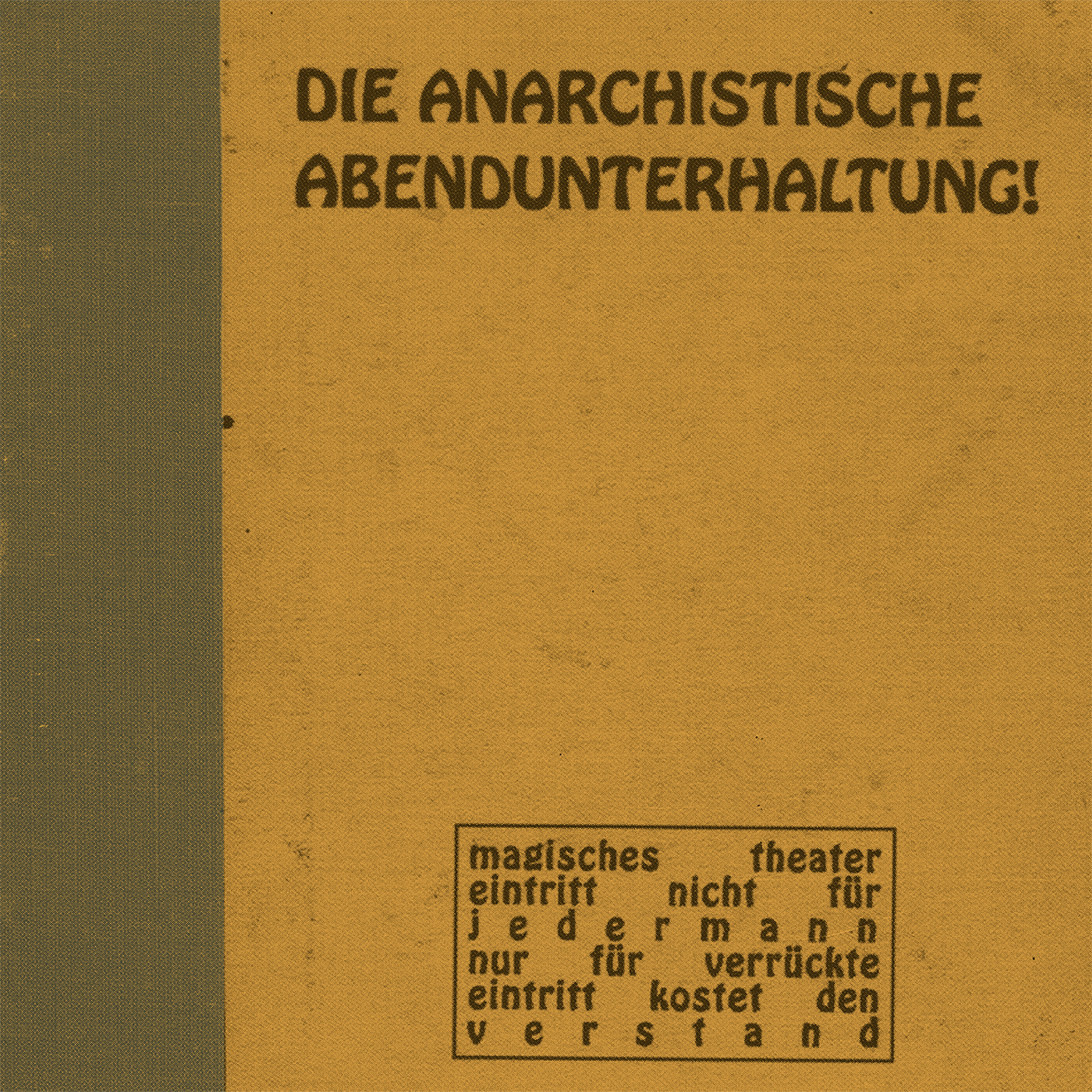Das personell oftmals erweiterte Antwerpener Quartett, das sich in Anlehnung an Hermann Hesse Die Anarchistische Abendunterhaltung genannt hat, bringt sein 1995 bei Jack & Johnny erstveröffentlichtes und später bei Sony Classical etwas breiter herausgebrachtes Debütalbum neu und erstmals auf Vinyl in die Regale. Die von Simon Lenski (Cello), dessen Bruder Buni (Violine), Roel van Kamp (Akkordeon) und Han Stubbe (Klarinette) gegründete Combo, die oft unter ihrem Kürzel DAAU erwähnt wurde, spielte eine damals ungewöhnliche Musik, die Einflüsse verschiedener Arten populärer europäischer Musiktradition – osteuropäische Folklore, Lieder der Roma, Shanties, Klezmer und einiges mehr – zusammenbrachte. Auch ohne durchgehenden Schlagzeugeinsatz schaffte es die Band, diese Einflüsse mit einem anarchisch-punkigen Lebensgefühl zu verbinden, das der englischsprachigen und anglophilen Fraktion (Pogues, Levellers, Inchtabokatables etc) in nichts nachstand. Seit ihrem selbstbetitelten Debüt brachte die Band eine ganze Reihe an Tonträgern heraus, die aufgrund ihrer schwierigen Vermarktbarkeit bei den größeren Labels oft einen schweren Stand hatten. Kult waren sie bei ihren Anhängern aber trotz alledem, die die Band in Bars, in alternativen Kulturzentren, auf der Straße oder im Vorprogramm von Sixteen Horsepower sehen konnten. Die Neuauflage des Debüts erscheint Ende September bei Sub Rosa.
“In those early days, DAAU consisted of four young, classically trained musicians who tackled their instrumental compositions with a true punk spirit. ‘If we’d had guitars, bass or drums at that time, we would probably have been just another rock band’, says accordionist Roel Van Camp, who, together with his schoolmates Buni Lenski on violin, the latter’s brother Simon on cello and Han Stubbe on clarinet made up the Antwerp quartet. ‘With our acoustic instruments we tried to create our own version of the music we loved listening to, from sixties rock and prog to new wave.’ The quartet, which initially played in streets and cafes, appealed to a diverse audience and sometimes joked that they were a classically trained unit that had ‘gone off the rails’. ‘As befits teenagers, we wanted to shake things up’, Stubbe remembers, ‘even though we always kept cherishing our classical backgrounds.‘ Van Camp: ‘Our education was never supposed to feel like a straitjacket. We were free-spirited enough to ignore the laws and regulations of the music academy and to create our own sound. Our compositions were open to influences from Roma music, Eastern European folk, klezmer and jazz’. ‘That eclecticism was a direct result of the zeitgeist‘, Han Stubbe adds. ‘We loved different styles and happily mixed them together’.
The monniker Die Anarchistische Abendunterhaltung was derived from Steppenwolf, a novel by German writer Hermann Hesse about a character who was outside society. ‘In the book, the narrator talks of a theatre’, Van Camp explains. ‘And at the entrance there is a warning sign that says: if you go in here, you are guaranteed to lose your mind. That was an apt description of the way our music worked’. Almost all tracks on DAAU’s first album were ‚Drieslagstelsels’ (or ‘three-course rotations’). The term referred to an agricultural method of the early Middle Ages, but also to the fact that each song of the group consisted of three major movements. Van Camp: ‘The titles of those pieces referred to our method of writing. We piled up a huge bunch of ideas, because we wanted to tell more than just one story. With each composition, we took the listener for a ride’.” (Sub Rosa)
